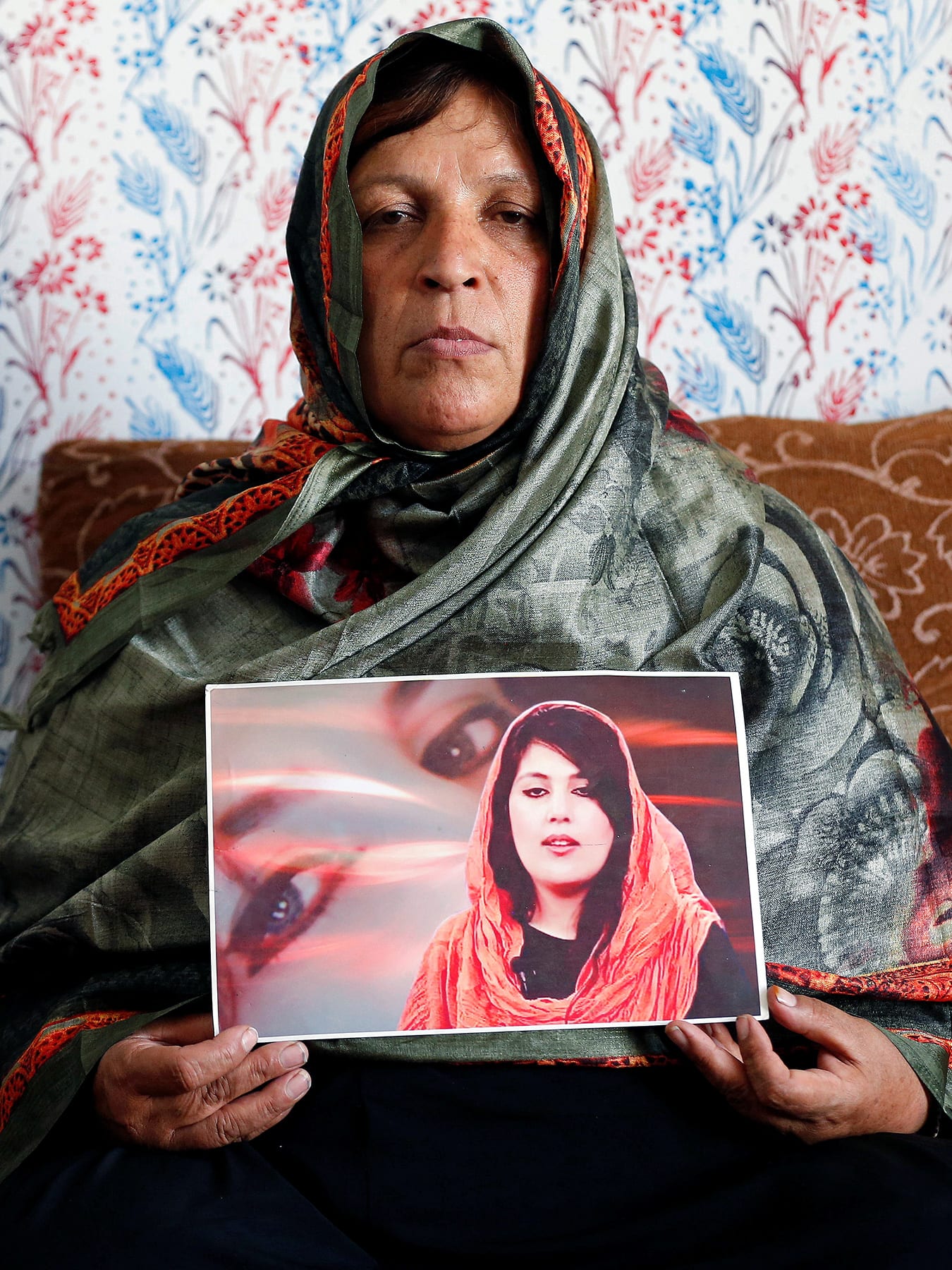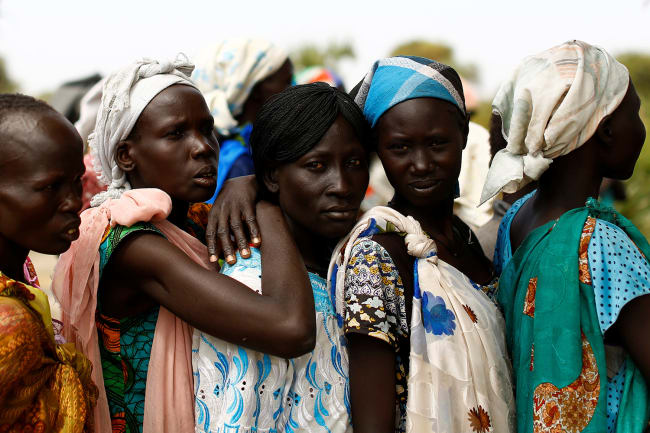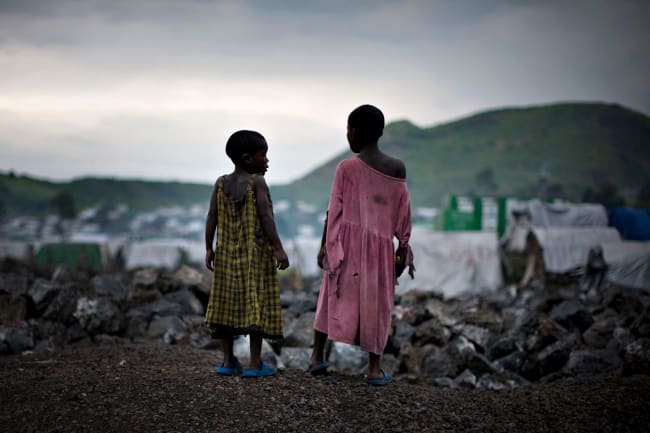Domestic violence is a serious phenomenon deeply rooted in gender inequality in Afghanistan, with separate but overlapping social, cultural, economic, and psychological dimensions. It is a significant problem in the country and remains one of the most notable threats to the health and safety of Afghan women and girls—as well as a major impediment to achieving gender equality. It is difficult to weigh the full gravity of gender-based violence in Afghanistan, as many cases go unreported due to the silence maintained by victims and perpetrators. Although anyone, regardless of gender, can be affected, women remain the main victims. Cultural factors and the stigma associated with gender-based violence make it difficult to discuss in certain contexts. Moreover, in many cases the violence is also seen as acceptable—even commonplace—making speaking out about it taboo.
Many cases go unreported due to the silence maintained by victims and perpetrators
Every woman will probably interact with the health sector at some point in her life, and the health care system is therefore well placed to identify, refer, and care for women and girls living with violence. Even in the most remote and marginalized areas, Afghan women are likely to seek reproductive health services, including family planning or antenatal care services, which means that health facilities are a critical entry point for gender-based-violence-related information and services. And as key points of contact in health facilities, health care providers can play a pivotal role in helping people who are the target of gender-based violence by breaking the silence, helping to detect gender-based violence, and offering essential care to those who face it.
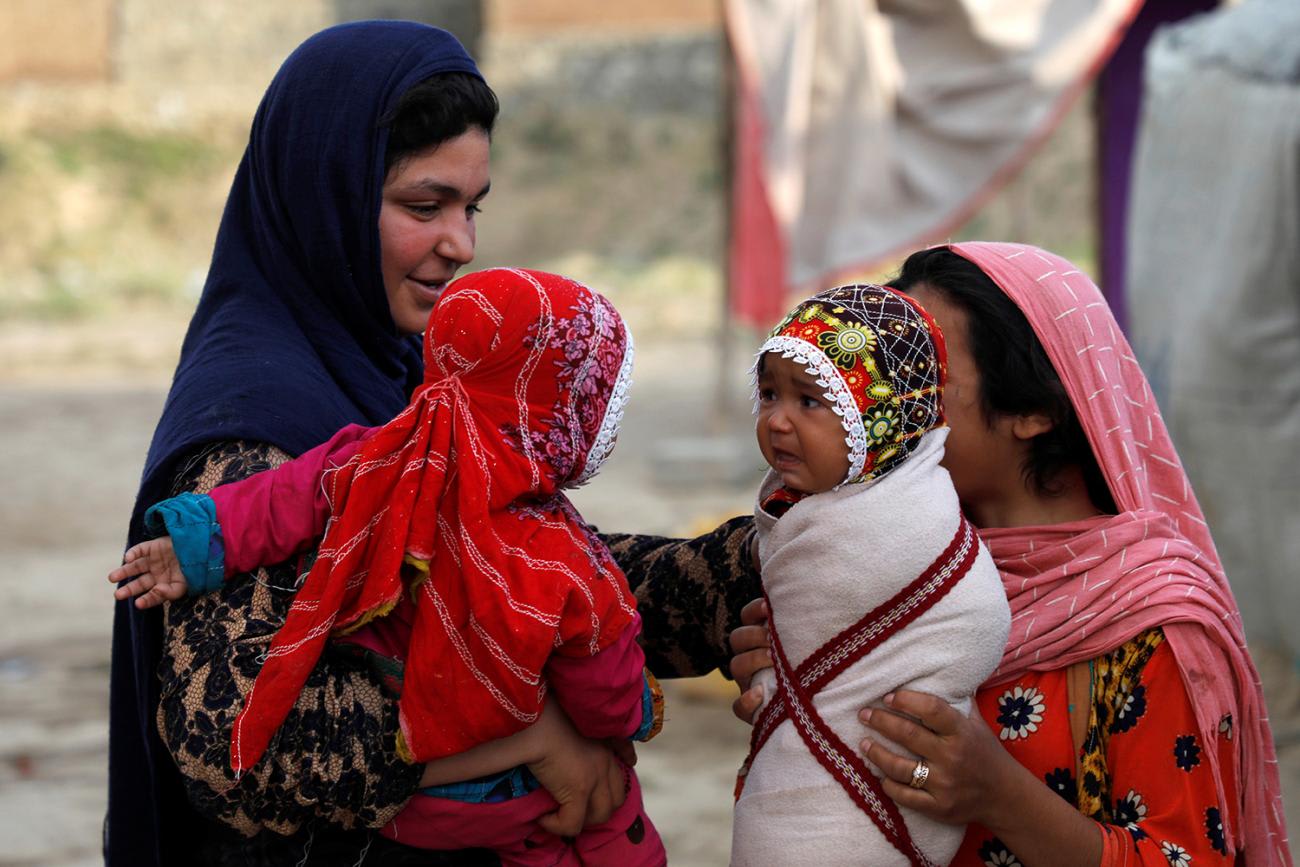
For many victims of violence, the health sector is often the first, and sometimes the only, point of contact to seek support to escape a violent situation.
Even if asked, they may not be forthcoming, for fear of retaliation and notoriety from their abuser and society
But coming forward cannot be left up to the victims, who are unlikely to disclose abuse unless directly asked. Even if asked, they may not be forthcoming, for fear of retaliation and notoriety from their abuser and society. All women who are victims of gender-based violence, who suffer in silence, and who fear they have nobody they can trust need to know that their health care providers can and will be that ally. They will listen sensitively and provide them with helpful responses. Beyond medical care, victims of violence may need psychosocial support, legal or housing assistance, and access to employment. The health care sector can link them with social and legal services that address gender-based violence to avoid duplication of efforts and facilitate survivors' access to needed assistance, which is often a part of the recovery process.
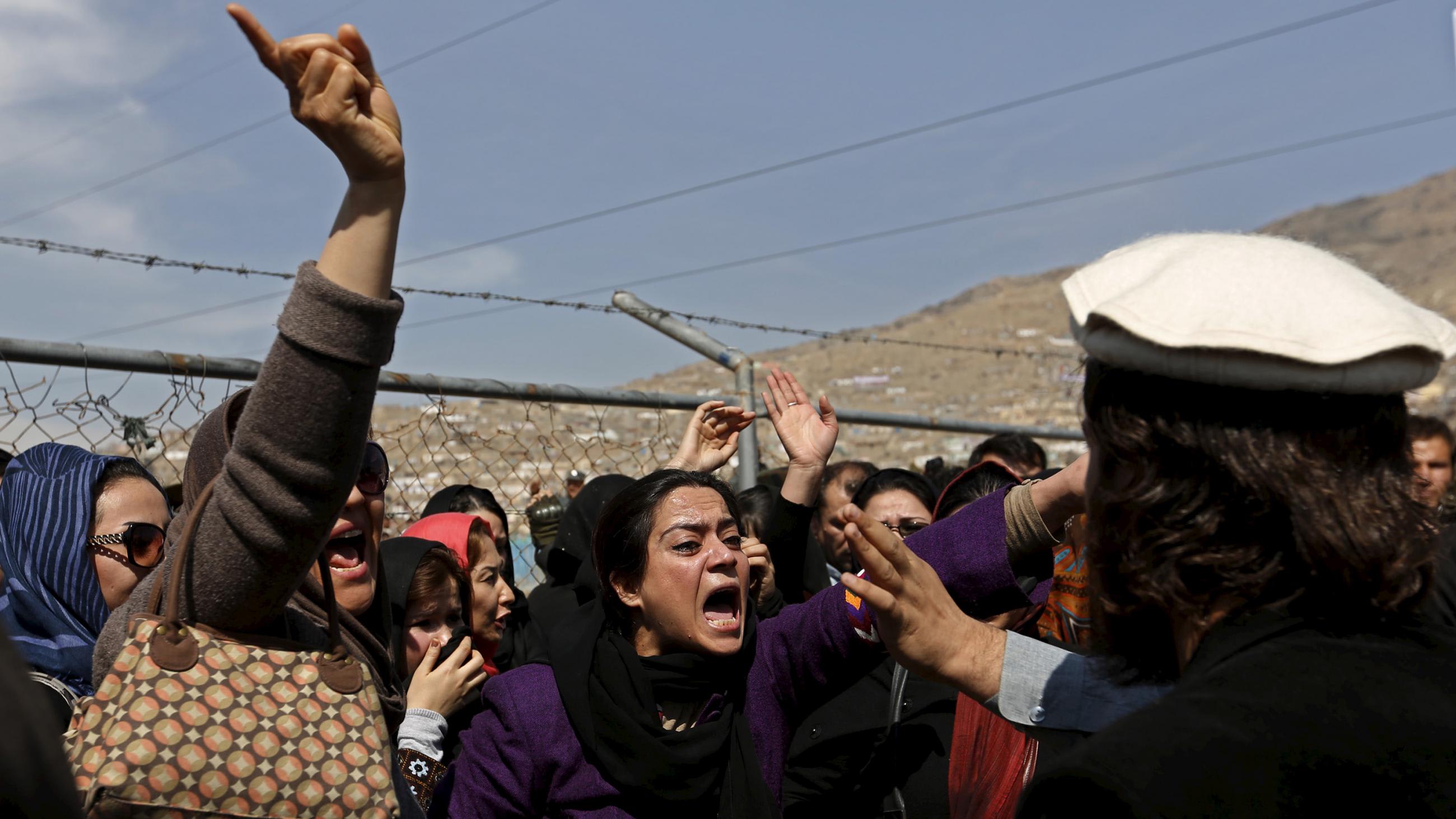
Despite being so well positioned, however, the Afghan health care system continues to be an underutilized entry point through which to identify and assist victims of domestic violence. Victims of violence come to the health facilities with a wide range of negative health outcomes, some of which can be fatal.
The Afghan health care system continues to be an underutilized entry point through which to identify and assist victims of domestic violence
Physical effects include injuries (for instance major acute wounds, major burns, open fractures, polytrauma), disability, chronic health problems (such as irritable bowel syndrome, gastrointestinal disorders, various chronic pain syndromes, hypertension), sexual and reproductive health problems (such as sexually transmitted diseases, unwanted and high-risk pregnancies), and death. Psychological effects include anxiety, fear, mistrust of others, inability to concentrate, loneliness, post-traumatic stress disorder, depression, and suicide. Often the victims remain unidentified or untreated due to the lack of awareness of gender-based violence among health care providers, poor clinical practices, limited direct communication, failure to do a full physical examination, and a complete lack of referral facilities in provinces for survivors of violence—or simply having few or no options for referral. Many survivors need counseling services, but the availability of such services in Afghanistan is even lower than that of medical services.
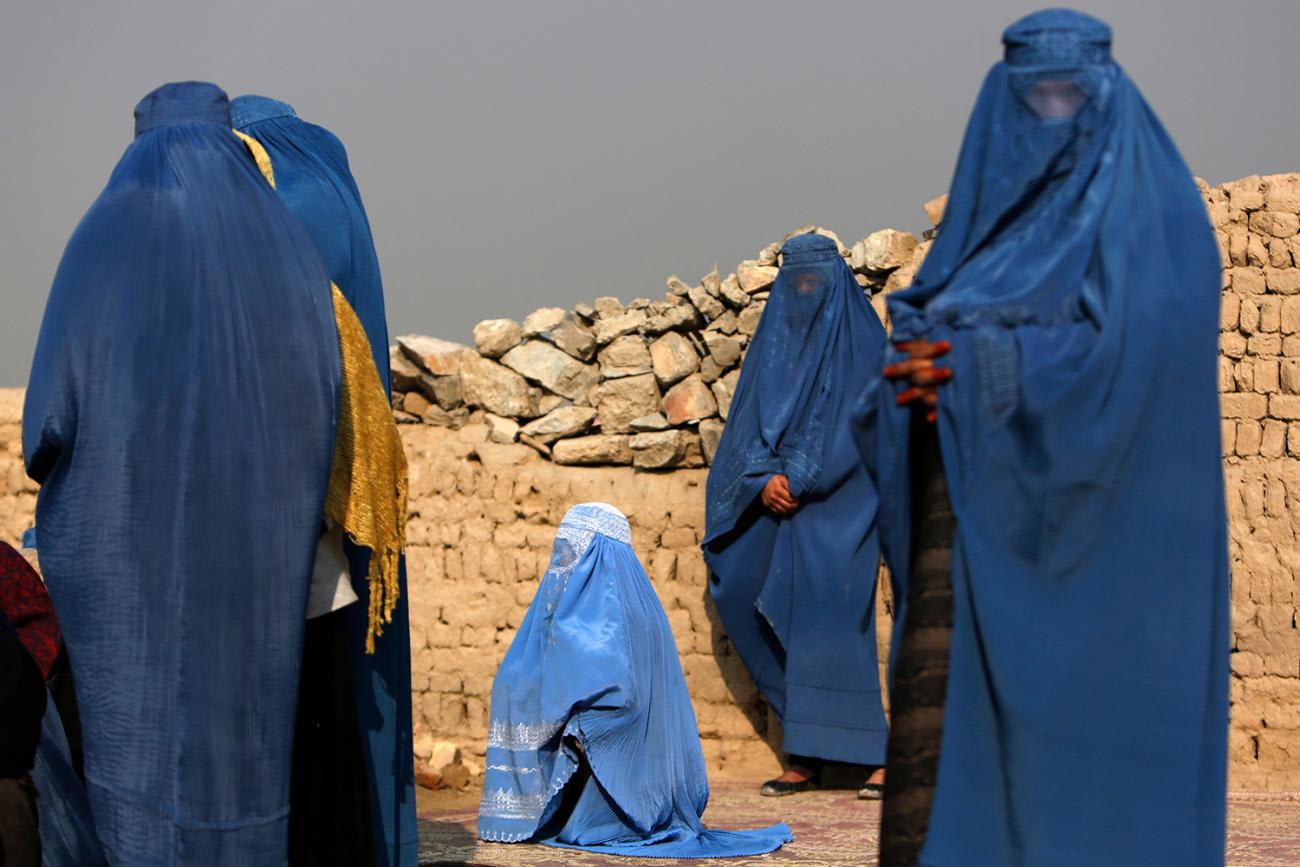
Health care providers can inadvertently put victims at risk for retribution and additional violence if they are unprepared or uninformed, fail to ensure confidentiality, or respond poorly to the disclosure of violence. It is thus urgent that health care professionals acquire appropriate knowledge and skills to provide quality health services to victims of gender-based violence. Furthermore, guidelines are needed in order to raise awareness of violence against women among health care providers and policymakers so that they better understand the need for an appropriate health sector response.
Guidelines are needed in order to raise awareness of violence against women among health care providers and policymakers
One important approach to offering quality health care for gender-based violence victims is to specify the role of health care professionals and provide them with specific guidance and tools. For instance, the World Health Organization (WHO) has developed clinical and policy guidelines and gender-based violence treatment protocols for in-service training of health care providers to promote better-quality care for gender-based violence survivors and to strengthen the overall health sector response to this issue. Based on the guidelines and gender-based violence treatment protocols, the World Health Organization-Afghanistan, where I worked as a gender officer and a trainer, has trained many health care providers across Afghanistan. The guidelines are based on systematic reviews of evidence.
WHO Gender-Based Violence Treatment Protocols
Evidence-based clinical guidelines for better quality care from the World Health Organization (WHO)
Sensitizing health care providers and strengthening their ability to recognize and respond to cases of gender-based violence is crucial. Health care providers should be able to identify the clinical symptoms that indicate possible experience of gender-based violence, provide first-line medical and psychological support within the health facility, ensure the safety and confidentiality of the victim, and assist the victims in safety planning.
Knowing when and how to inquire about violence, how to collect forensic evidence where appropriate, and how to provide legal documentation
Providers should also understand and apply appropriate skills, including knowing when and how to inquire about violence, how to collect forensic evidence where appropriate, and how to provide documentation that can be used to access the legal system and support legal proceedings. Health care providers also need to have basic knowledge of violence, relevant laws, and existing support services for further assistance such as specialized medical services, women's shelters, legal aid, counseling services, crisis centers, police, and the courts. The role of health professionals goes beyond simply treating and healing the victims of gender-based violence. As the most trusted members of their societies, they can play the role of advocate by speaking up against injustice, using their power to reach women and vulnerable groups, and encouraging them to break their silence and make informed decisions about their bodies and lives.
